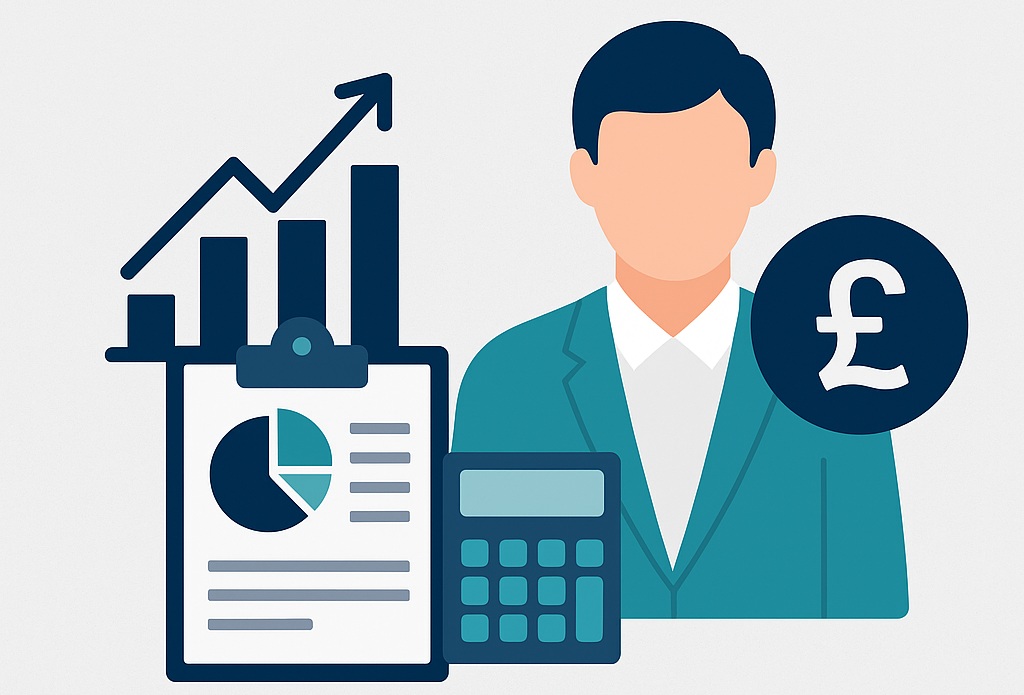Keeping records is incredibly important for a business. They prove that you’ve met relevant obligations, and that the claims you make in regard to financial goings-in and out are substantiated.
Accountants need to hold on to records after they’ve been sent to HMRC and Companies House for the purpose of annual accounts.
But for how long, and what needs to be recorded?
How long should an accountant keep client records in the UK?
Company records like those relating to VAT and corporation tax should be kept for six years counting from the end of the last financial year they relate to, according to HMRC.
Some records may have to be kept longer if:
- They relate to a single transaction covering more than one accounting period for the company
- The record shows a company purchase that is expected to last longer than six years, such as machinery or a vehicle
- The tax return was sent late
- HMRC is undergoing a compliance check into your tax return
There are also legal obligations that state how long accounting firms must keep records of their clients themselves, as set out under The Money Laundering, Terrorist Financing and Transfer of Funds (Information on the Payer) Regulations 2017.
This legislation states that accountants must keep records for five years after the working relationship has come to an end. This includes information related to the business relationship such as contracts, or instances where the accountant has acted as a go-between for payments.
Does your accountant keep client records?
They certainly should be! Chartered accountants should keep client records as a matter of good client management, particularly now that the process of keeping records is mostly digital and therefore easier.
Though five and six-year periods for how long an should accountant keep client records may seem a long time, keeping records for at least this long can only be a good idea. If matters of suspected criminal conduct by an accountancy firm or their clients needed investigation, there is no time limit on this and no expiry date on evidence in the form of records.
HMRC can also seek penalties and tax from businesses for instances as long as 20 years ago.
What accounting records need to be kept?
Accounting records should contain a healthy breadth of detail regarding a company’s finances, including:
- Debts, owed both by and to the company
- Money received and spent, with evidence such as receipts and invoices
- Company assets like stocks, shares, and inventory
- Goods bought and sold, including records of respective sellers and buyers
Client accounts with Venn
Our team of chartered accountants can help you keep records of your businesses activities as well producing insightful management accounts, streamlining tech startups, and much more.
Venn Accounts works on a bespoke basis using cloud software, allowing us to deliver a stress-free accounting service as and when you need it most.
To learn more our services, please contact us today.





